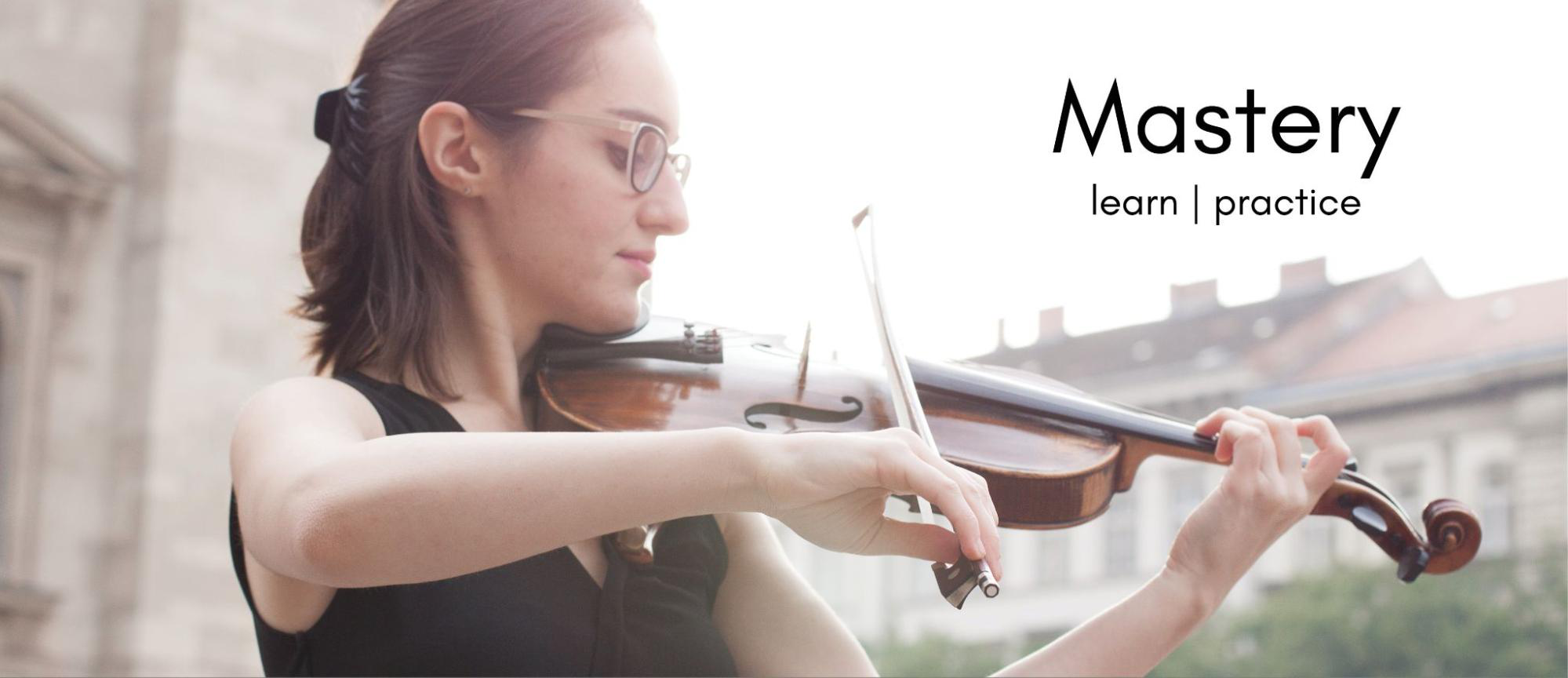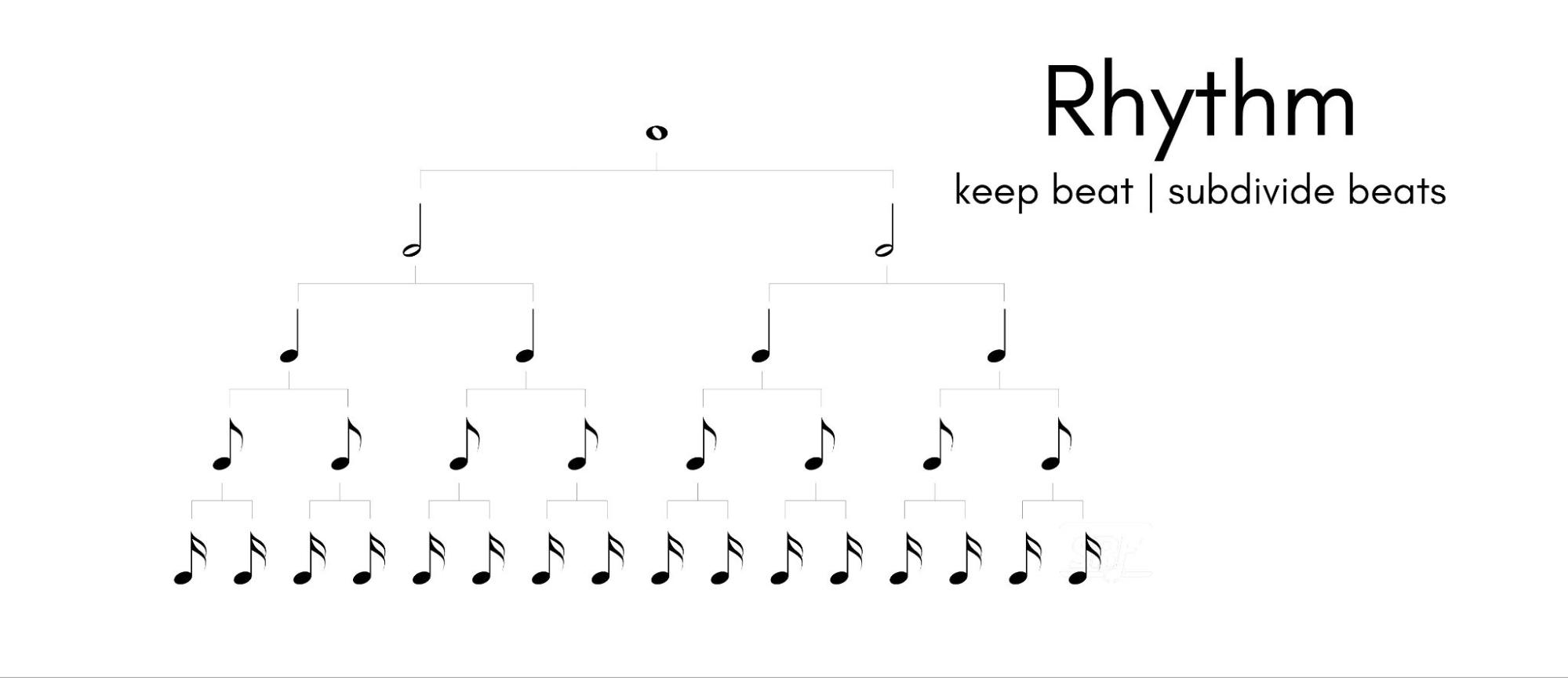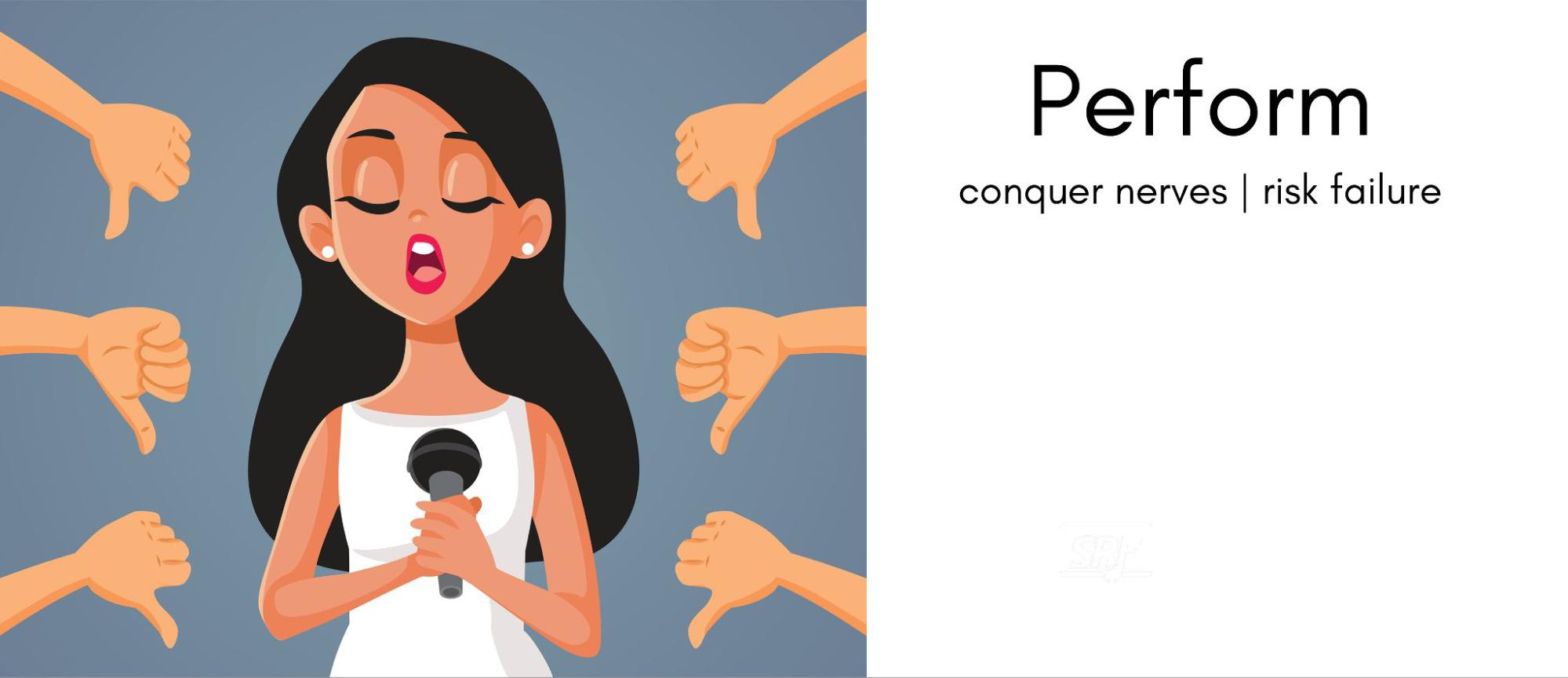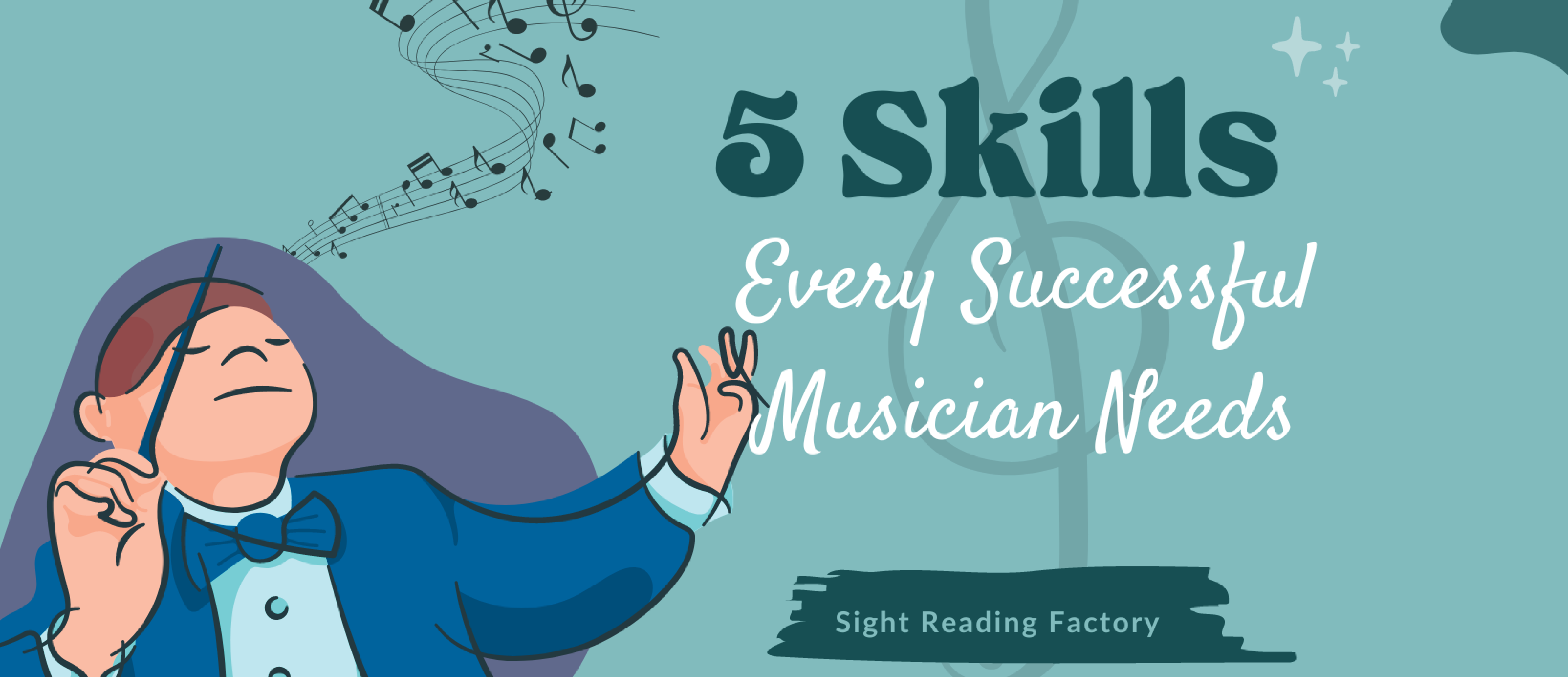There are a lot of opinions out there on what skills every musician needs. If you do an internet search on the topic, the answers range from having a flair for creativity to possessing the ability to compose music. It’s probably fair to say that there really is no consensus at all - the range of answers is that vast.
As a professional musician, I’ve worked with brilliant organists and pianists whose fingers could fly across the keys in a blur, reading the notes off the page with perfection but, if required to do so, couldn’t compose more than a few bars of anything more brilliant than a basic four-part dictation. And I’ve known singers who can flawlessly execute the most difficult Verdi arias but couldn’t learn said arias without listening to a recording because they can’t read music. Both are excellent musicians in their own way because of the skills they possess even though those skills may be completely different. But according to that vast array of opinions mentioned earlier, one could argue that the pianist who can churn out notes isn’t a musician because they lack creativity. Another could argue that an opera singer who can’t read music just isn’t a real musician because, well, they can’t read music.
So, who’s right? Are there skills that must be possessed to qualify as a musician? The case could be made that there is probably a set of necessary basic skills one would need to be a successful musician, or at least have a fighting chance at becoming one. In the name of brevity, we’ll focus on those.

The desire to learn new things and work towards mastery of new things
Every person who desires to make music must learn something about the art they wish to pursue. This desire can manifest itself as a keen interest, passion, or an obsession. That desire is then married to a drive to keep working at something until it’s mastered. No one picks up a violin or a flute and plays it without first being shown how to hold it, how to shape their fingers correctly, etc… If a person is able to learn these things and then practice them relentlessly, they have one of the first qualities needed to be a successful musician.
The ability to hear/match pitch and then play or sing in tune
With few exceptions, instrumentalists and singers need to be able to hear/match pitch and be able to play or sing in tune to be successful. A student can develop these skills through private lessons and experience, and mastery of this skill indicates a better rate of success. A trumpet player who cannot tune their instrument to the orchestra will struggle to acquire gigs and the same can be said for a singer who cannot match pitch.

The ability to be able to keep a beat and subdivide a beat
This skill is essential for any musician who desires to play or sing in an organized ensemble. For solo work, it could be argued that rhythm is essential to the successful performance of repertoire. Bach’s famous Cello Suite No. 1 in G Major would be nearly unrecognizable if the rhythms were askew. The integrity of those running sixteenth notes is emblematic of the piece as a whole. Overall, rhythmic integrity, whether in solo music or ensemble music, is a key skill to the successful performance of musical literature correctly.
The ability to read music
This skill affords the musician the ability to pick up a new piece of music and learn it on his/her own quickly. The ability to read music not only facilitates learning and comprehension, but then also allows flexibility. Most experienced musicians have been in situations where they’ve been asked to pinch hit in a performance. The ability to read, and sight read, music makes that possible. Musical literacy in an ensemble also frees the conductor to have more artistic license in his or her interpretation because the ensemble can notate and then adapt their performance accordingly. Again, this is a skill that is developed over time through practice and experience. This skill also encompasses the previously mentioned skills of matching pitch and rhythmic ability. One must have those two skills in order to be able to master reading music.

The ability to perform in front of others successfully and to risk failure
Musicians perform. For other people. Sure, there are hobbyists who only tickle the ivories in the privacy of their own homes, but let’s face it, most musicians learn and practice their art so that they can share that art with the world. And that’s terrifying. A musician spends hours practicing. They give up evenings out with friends because they need to rehearse for an upcoming concert. They lose sleep over tricky entrances or passages they’re having difficulty memorizing. And then, on top of it all, they stand up (or sit, depending on their instrument) and put all of that agonizing hard work on display for a bunch of people they may or may not know. It’s deeply personal. It’s potentially embarrassing. And it’s terrifying. A musician has to have nerves of steel and an unshakeable belief in his or herself to be so vulnerable. And even if their performance is flawless, it’s still being judged by others. Music is one of most subjective artforms out there – people who know nothing about music nor possess any musical skill themselves will glibly sit in judgment of musicians. It happens everywhere. People talk about if an orchestra or choir was good or not, or if a singer has a nice voice, etc… even though they themselves could never get up and do what those musicians are doing. Because of this, there’s an inherent risk of failure, or even perceived failure, that all musicians must be willing to embrace.
It’s hard to be a musician, but it’s also so rewarding. As musicians, we all know there’s no better feeling than when someone tells you that your performance was deeply moving. We love to share our craft with others and our love for music comes out in all that we do. And despite the vast array of things that can be named as skills needed to be a musician, most successful musicians have mastered these five skills to varying degrees.
Interested in improving your own musicianship and sight reading skills? Visit www.sightreadingfactory.com to try a free demo and learn more.
Share this article